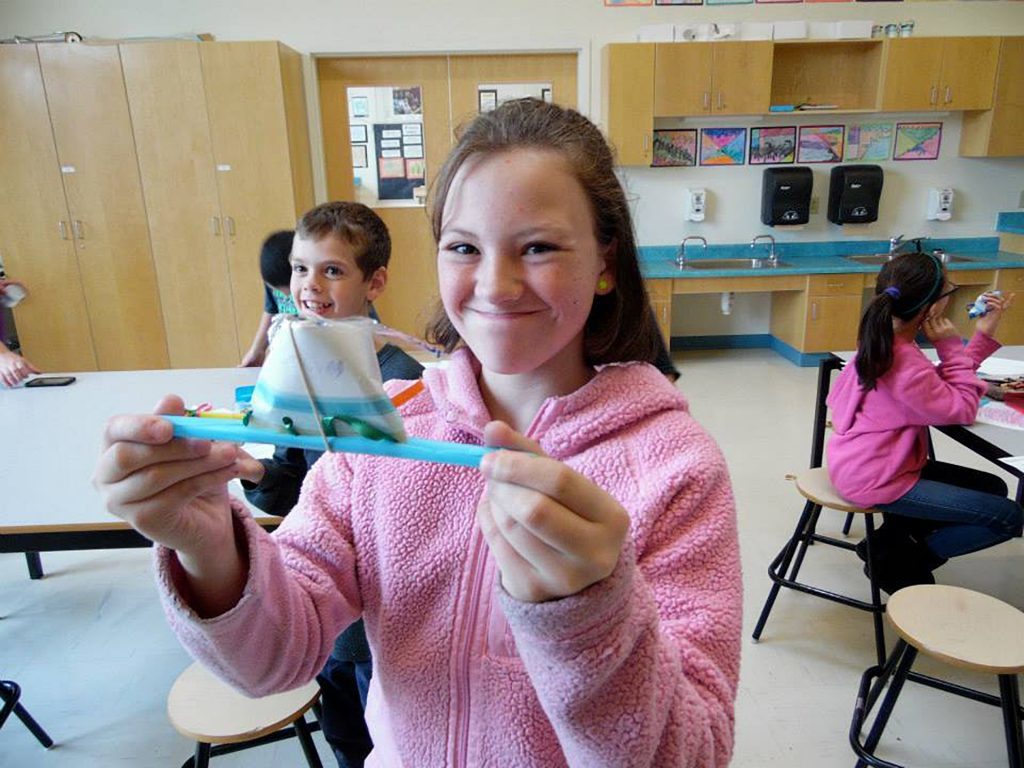“STEM Guides” are individuals who connect 10- to 18-year-old youth from rural Maine to out-of-school STEM learning opportunities that already exist in their communities, including after-school programs, clubs, camps, library activities, special events, contests, and competitions.
All STEM Ecosystems involve active collaboration among schools, out-of-school programs, libraries, businesses, universities, and related organizations. But in rural areas, access to these diverse STEM resources and institutions can be difficult. In Maine, the Maine Mathematics and Science Alliance [MMSA], one of the partners in the Downeast Maine STEM Ecosystem, is working on a model of community-based STEM Guides to engage isolated 10- to 18-year-old youth in out-of-school STEM.
STEM Guides help youth and their families find and engage with STEM resources and reduce any obstacles to participation. STEM Guides serve relatively small geographic regions where they live, called “STEM Hubs.” The Guides come from a wide range of local occupations and institutions (e.g., retired librarians, former teachers, providers of well-respected community activities).
Ideally, rural STEM Guides have three key roles in their learning ecosystems:
- Working with the community’s youth and their families to make them aware of, and engage with, STEM resources that are accessible to them.
- Gradually building a STEM asset map, or Resource Guide, of their community’s resources. These resources are posted to a statewide online database called the Maine STEM Resource Bank, which is powered by a national STEM database called The Connectory.
- Working with partner organizations, such as the University of Maine Cooperative Extension: 4-H Program, schools, libraries, and branches of universities, to make local STEM-related resources more visible, networked, and accessible. Guides typically convene local networks so that everyone knows about each other’s work.
Results of the STEM Guides program are fantastic: students have engaged with local scientists, participated in science clubs and science fairs, joined computer programming and citizen science events, and more.
MMSA recently published a detailed overview of the STEM Guides program including specific examples and issues to consider when creating a rural STEM hub. Read the full article here.


